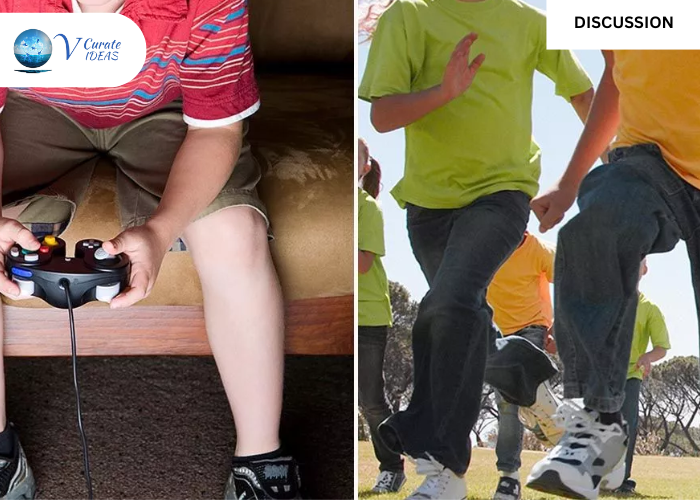Quiet Luxury: Simplicity or Subtle Status Symbol?
Quiet luxury celebrates elegance without excess—but is it true confidence or just another trend hiding in minimalism?

Video games often immerse players in complex scenarios that require quick thinking, strategy, and creativity to succeed. From solving puzzles to designing virtual worlds, gaming can encourage innovative problem-solving and sharpen decision-making skills. Physical sports, on the other hand, build discipline, focus, and teamwork through real-world challenges. While both forms of play develop valuable skills, video games may provide a wider range of creative problem-solving opportunities in imaginative environments that physical sports cannot replicate.
What do you think?
Do the problem-solving skills gained in video games translate effectively to real-life situations?
Give your comment below!
Participant Comments
Absolutely but with some nuance. Video games can teach highly transferable problem-solving skills like strategic planning, resource management, adaptability, and creative thinking. Games often place players in high-pressure situations where they need to assess risks, make quick decisions, and learn from failure, all of which are relevant to real-life scenarios, from managing time at work to navigating social dynamics. However, translation depends on context and reflection. Just solving in-game problems isn’t enough players need to recognize the underlying skills they're using and apply them outside the game. For example: * A gamer who learns to lead a team in an online multiplayer game may develop real leadership and communication skills. * Someone who plays puzzle or simulation games might improve their logical thinking or systems analysis, useful in tech, design, or even business. That said, physical sports often build interpersonal and disciplinary skills in more immediate, real-world ways, like managing emotions under pressure, working physically with others, or building routine.